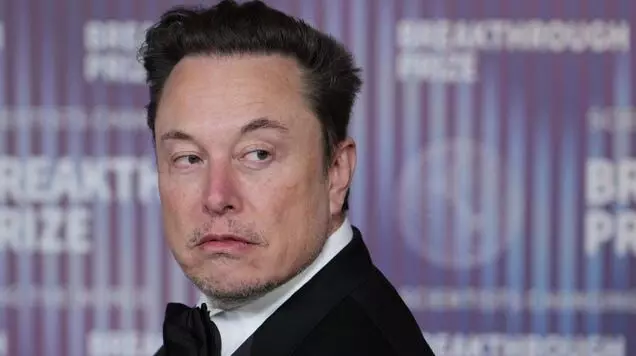Live
- 'Bulawa Tolis' to be activated in booths with low voting percentages in UP
- 328 candidates allotted election symbols for 13 LS seats in Punjab, including 169 independents: State chief electoral officer
- Kejriwal enacting 'political drama', mum on Maliwal assault: BJP's Delhi chief Sachdeva
- BJP will win more seats in Uttar Pradesh this time compared to 2014 and 2019 polls: BJP leader Hardik Patel
- Golf: Tvesa’s fine 67 sees her rise in German Masters on Ladies European Tour
- IPL 2024: Prabhsimran, Rossouw guide PBKS to 214/5 against Sunrisers
- Iraqi Shiite militia claims drone attack on Israel
- Musk meets Sri Lankan President in Indonesia, discusses Starlink implementation
- Bengal CM has crossed all limits by maligning saints of iconic institutions: PM Modi
- People of Punjab benefited from Centre's funds: State BJP chief Jakhar









